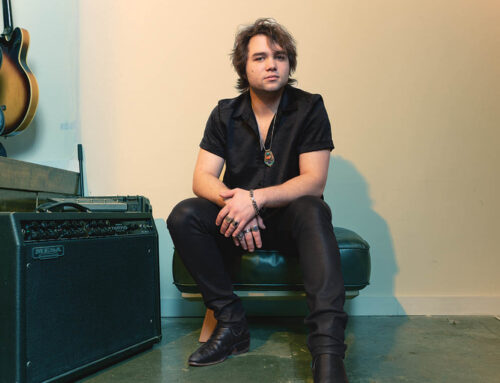Growing up in a small college town in Pennsylvania, my childhood was happy but unremarkable. It was the ‘50s – the era of Father Knows Best and Ozzie and Harriet. Although it would be unthinkable to today’s wary parents, we wandered on our bikes on lazy summer days, leaving at the crack of dawn and not returning until dinner was served. The woods next to our house were dotted with hillside caves that invited curious and foolish boys to venture in as far as we dare. Obviously, there were many things we didn’t bother to tell our parents.
There was, however, one remarkable thing about those years. Across the street from our house lived a woman named Alvina Kraus, a retired professor of acting at Northwestern University, renowned for its theater program. In her retirement, Ms. Kraus still tutored her former students when they were preparing for a new role. They would come and go quickly, their presence in our little town almost always undetected. They liked the privacy and anonymity of our little, dead-end street. It almost seemed normal to look across the street and see Patricia Neal, or Richard Chamberlain, or Paula Prentice and Richard Benjamin, introducing their new baby to their favorite acting coach. Only later did I discover how remarkable such sightings were!
Occasionally Ms. Kraus would direct plays performed at a small theater she founded in our town. She was, by all accounts, a taskmaster, demanding perfection of her actor/students. She also believed that every performance ought to have a message. One evening during my college years, at the end of a performance of Chekhov’s Three Sisters, with its feminist message, I saw Alvina sitting in the last row of the theater. I stopped and told her what a wonderful job I thought she did as a director. Then she did something I have never forgotten. She took both my hands in hers, peered deeply into my eyes and said, with her usual drama, “But did it move you?” You see, for Alvina, what went on onstage was for that sole purpose: to move the audience.
How many times, as a preacher, I have wanted to muster the courage of that question. When someone comes up to me after a sermon and says something genuinely nice, I have wondered what would happen if I asked Alvina’s question. But did it move you? I’m a chicken. I always say “thank you,” and leave it at that.
As one who preaches the Word within the words each week, I must remember that the Word is meant to move us, in just the same way that Alvina believed good drama moves the audience. If we leave worship unmoved, then somehow the Word has not found its mark. We ought not to leave the way we came in.
Jesus taught his followers in parables. The word comes from the roots, para, which means “beside,” and bolo, which means “to throw.” So Jesus took the truth and threw it a bit to the side. He didn’t throw us a fastball, nor did he throw it so far we could never reach it. Instead, he always took the truth and threw it just far enough to the side, that we would have to move to get it.
“Did it move you?” Yes, Alvina, I was moved by your question. Someday I’ll even ask it in church.






